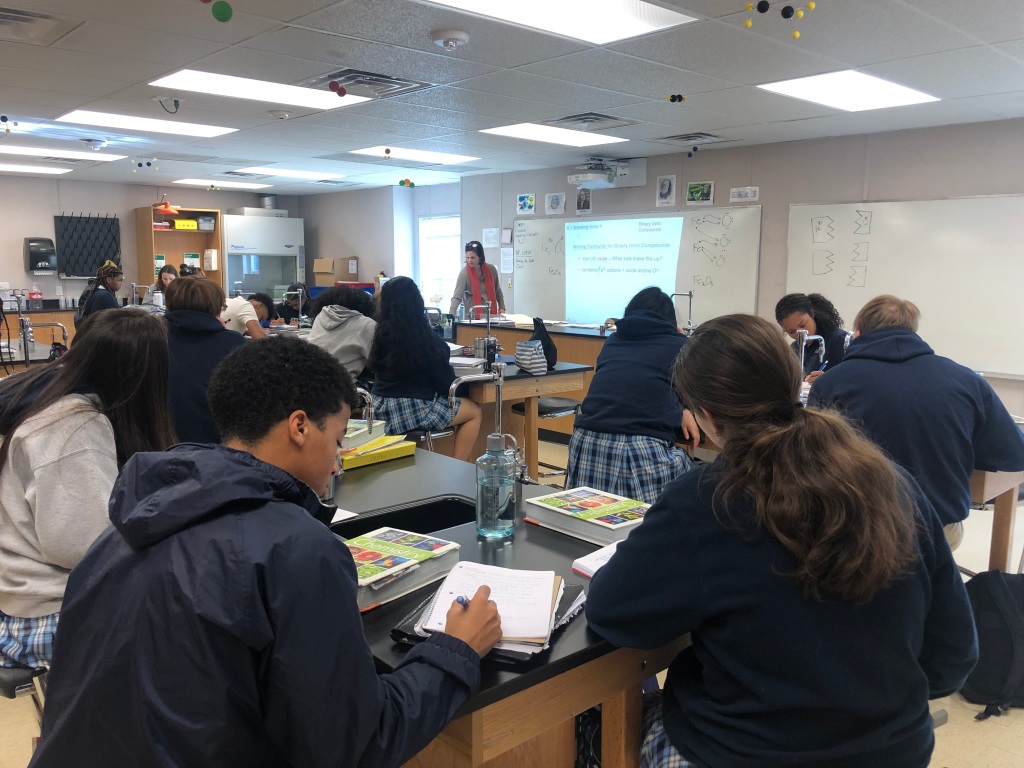This week I’m writing about how the classical education world can respond to the news that our students won’t be attending school for the next several weeks, and maybe even months! Of course classical homeschoolers know exactly how to respond, but what about teachers and students in charter and private classical schools?
Jon Gregg is a professor here at Hillsdale College, and on top of that, he’s a classical math guy and a talented teacher. You may remember him from this post. We asked him to give some thoughts about how teachers can continue their work remotely this semester.

Recognize that although classical education and online learning don’t go together very well, there are better and worse ways to approach online teaching. Something will be lost, but not everything needs to be lost. This is an opportunity for us to think about what we value about classical education. We should get creative and try to preserve the most important elements of it. For example, classical education is all about great discussions and sharing in an academic community together. Think about ways to preserve discussion among students, and to use Zoom or another platform to help students continue their work together and with the teacher. Keep the community of students and parents together as much as you can.

Classical education involves play and exploration, and it involves building skills. But it’s also more than those things. Try to keep that front and center in your minds as you create assignments. Anything you can do to make your assignments about more than play, or more than building skills, will be helpful to your students.

That’s tricky, because play is natural to kids, especially when they’re at home. Try help parents think of ways to do play with a purpose. Think about what exactly you want a child to learn as a result of playing or exploring a specific thing. For example, playing in the yard for half an hour is a great way to be in nature and get some exercise, but if you ask a child to collect some leaves while out there and then have a 10 minute discussion with a parent or online teacher about different leaf shapes and what’s going on inside when leaves change colors, that takes the lesson to the next level.
The same is true of teaching basic skills, like writing in cursive, or doing subtraction problems. These things are essential, and parents can help students with them easily at home. But to make it classical, don’t just stop at showing how to do a subtraction problem; have a conversation about why the problem works that way. Compare 90 minus 10 to 100 minus 20, and think about why the answer is the same. Use coins or beans to show what’s really happening in that subtraction problem, and ask questions to help your child understand math more deeply.

In other words, classical education means taking things like building skills and childlike play and using it to help students think and understand more deeply. Classical teachers do this mainly by asking questions and encouraging good conversation. You can learn more about how to ask questions with a purpose from this podcast with Julie Apel from Founders Classical Academy of Leander. Help children understand that we’re doing this or that activity not just for the sake of building skills or exploring, but there’s some real discussion about truth to be had.
If teachers can be on the front lines of posing good questions to families and helping them understand the classical method, this upheaval can actually serve as an opportunity to turn a family into an academic community, a community that values discussing good things together.
Great advice, Professor Gregg. Thank you!

[…] more tips about teaching and learning online, check out these previous posts: How to Take Classical Education Online and Classical […]